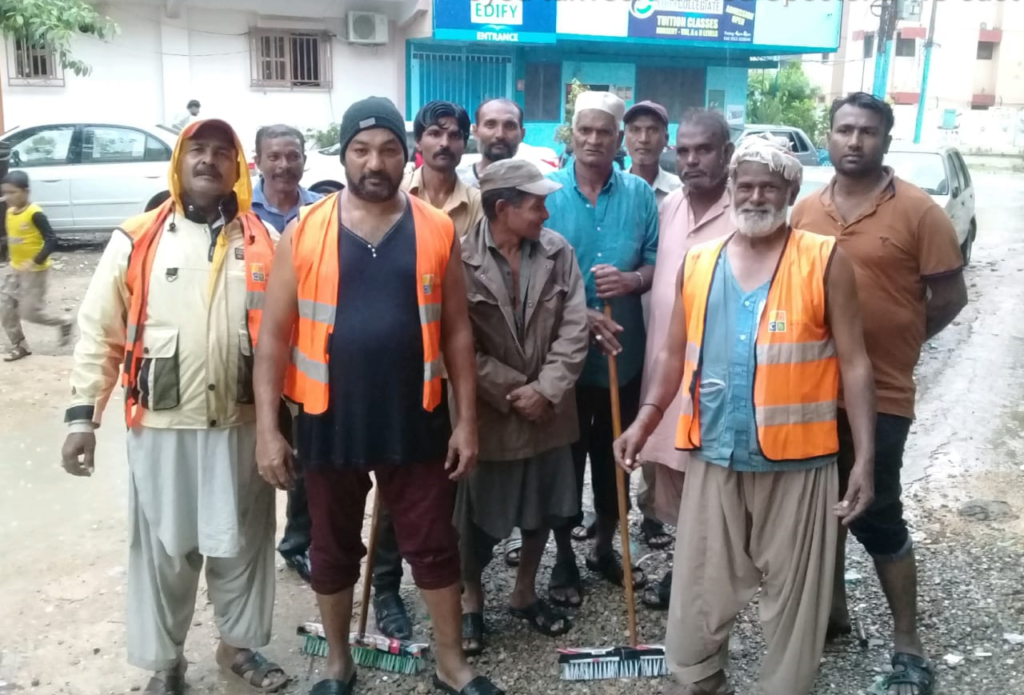
In Pakistan, sanitation workers face dangerous and dreadful conditions everyday. Unfortunately, not much has changed for sanitation workers in the country over the last many decades. An increasing numbers of sanitation workers continue to lose their lives to poor sanitation planning and management.
Risking their lives on a daily basis, sanitation workers maintain and clean roads, streets and drains, unclog manholes, and remove fecal sludge without any safety equipment or tools. Highlighting the risks involved in sanitation work, an International Labor Organization (ILO) study reveals that sanitation workers face a fatality risk that is 10 times higher than workers in all other industries. Another report, jointly authored by the ILO, Water Aid, the World Bank and the World Health Organization, released on November 14, 2019, confirms that millions of sanitation workers in the developing world are forced to work in conditions that endanger their health and lives, and violate their dignity and human rights.
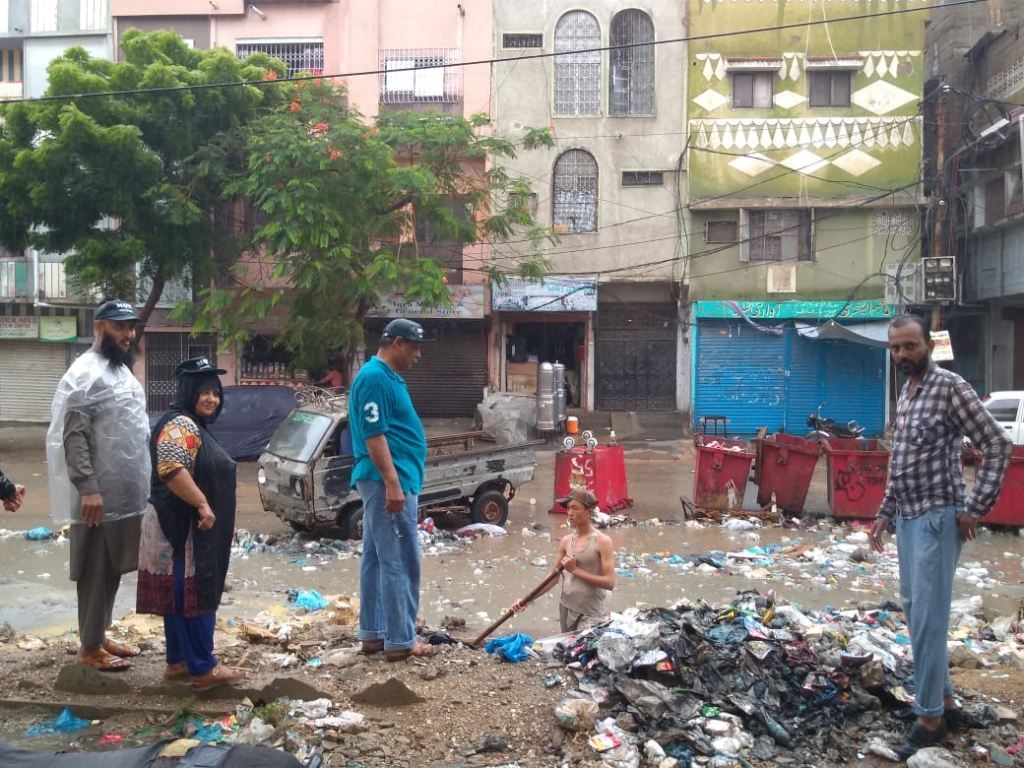
In Pakistan, sanitation work is largely reserved for the non-Muslim community (particularly for those belonging to certain Hindu and Christian communities). Demeaning terms are often used to refer to the sanitation workers. The tags of religion, caste and low-grade work add to their vulnerability, causing a sense of exclusion from society. Selection criteria in cases of official job advertisements clearly mention that only “non-Muslims” can apply for the job. This is a total violation of the International Labour Organisation Convention 111 – which relates to discrimination in respect of employment and occupation – and the Constitution of Pakistan.
In Sindh, the majority of sanitation workers are employed on daily wages or as contractual workers, without the security of being regularized, despite many years of service. They live in slums that lack basic facilities such as water, roads, health and education. Literacy rates are very low among members of this community. Having no confirmed or permanent job, they are not eligible for government benefits, such as pensions and health insurance, etc. The officially-declared minimum wage is not given to workers who are not regular or who are hired by third-party contractors. Most workers complain of not being paid their dues on time, and daily wagers are not allowed official leave.
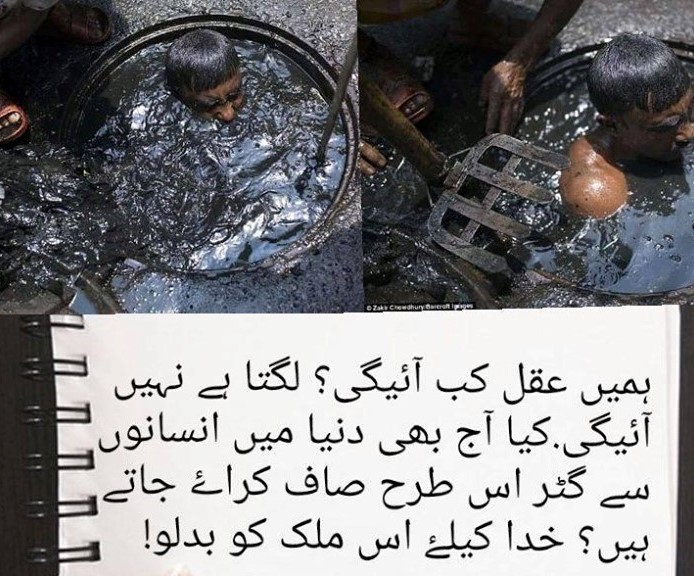
During the COVID-19 pandemic, sanitary workers in Pakistan were at the forefront of the government’s sanitation drive, ensuring that streets, parks, public spaces, healthcare facilities, sewers, septic tanks, and public toilets were kept clean and hygienic. However, the majority of workers were not provided Personal Protective Equipment (PPE), and those who had received it, often got poor quality equipment.
In the last three to four years, dozens of men who cleaned sewers lost their lives inhaling toxic gases while working in Karachi, Hyderabad and elsewhere. However, nothing has been done for the safety and well being of these brave professionals. On 30 December 2019, Minister for Local Government in Sindh, Syed Nasir Hussain Shah, made a public commitment to improve the grades and salaries of the sanitary workers along with providing safety kits, and even replacing the term “sanitary workers” with “health workers” to respect their dignity. This happened in a conference titled ‘Shaping a Safe & Dignified Future for Sanitary Workers in Sindh’ jointly organized by Strengthening Participatory Organization (SPO) and the Sindh Human Rights Commission. More than a year and a half have passed with no progress on this commitment on the part of the Minister or his department.
In Sindh, various programs and policies were launched, or are still underway, such as the ‘Saaf Suthro Sindh’ and the ‘Sindh Sanitation Policy 2017’. Both make tall claims to eradicate open defecation from the province by 2025, improve the sanitation infrastructure and make Sindh neat and clean. However, such programmes and policies fail to cover the benefits and safety of the sanitary workers, who risk their lives to provide a healthy environment for the citizens.
The Government of Pakistan and all the provinces must make necessary legislation, declaring it illegal to send sewage workers into gutters without any safety gear. They must end all deep-rooted institutional and social discrimination against sanitary workers, and work to eliminate the religious discrimination that is linked with the employment of the sanitary work. Moreover, all contractual sanitary workers must be regularized, with provision of increase in salary and health insurance covering the risks involved in their work. Periodically, they should be provided vaccinations as well as training regarding the use of safety gear, health hazards and preventive measures.

The author is Fulbright Hubert H. Humphrey fellow and works for The Knowledge Forum.
Email: plsatyani@gmail.com
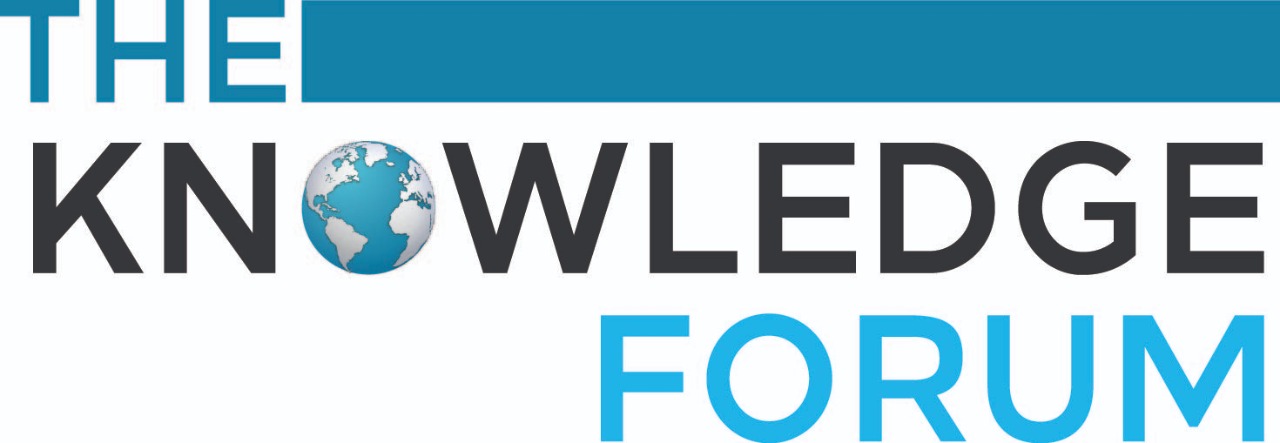

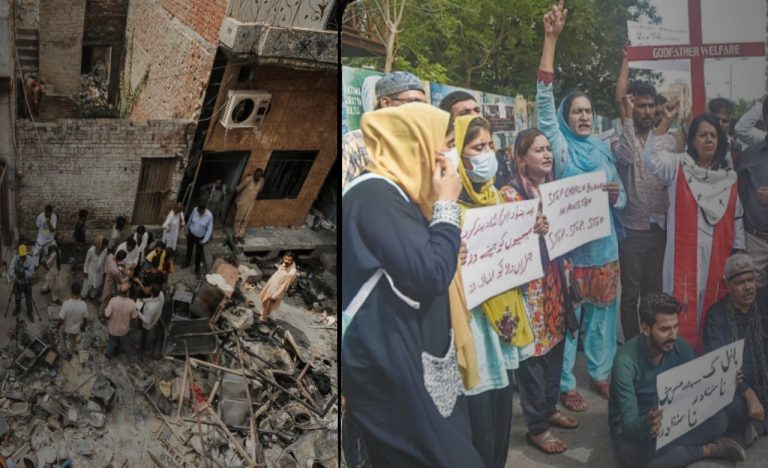

Very nice dear
Good point identifies
Kudos!
More power to you saen.